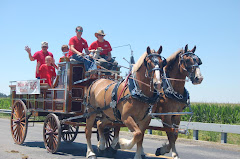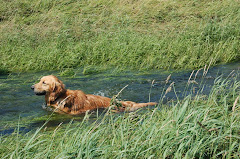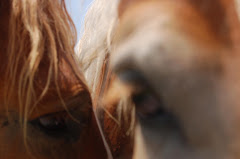An umbilical hernia can vary in size to very small (2-3mm) or very large where a large defect or hole can be felt in the body wall. For the most part, the outpouching of skin contains fat from the abdomen. However, if the hernia is large, the outpouching can contain intestines.
This is a picture of a small umbilical hernia in a puppy. This hernia contains abdominal fat.

Most umbilical hernias are congenital which means present at birth. And, in dogs, umbilical hernias are thought to be hereditary.....meaning passed to the offspring from parent's genes. While most umbilical hernias are not life-threatening and do not cause symptoms, large defects which contain intestinal contents should be surgically repaired to prevent damage to the intestines. If the hernia is small and contains only abdominal fat, it can be surgically repaired when the pet is neutered. 











Thank god! I was wondering what was wrong with my puppy, she has an even smaller one than that and seems very fatty. She dosen't care when I touch it. I thought it was a tumor or something.
ReplyDelete